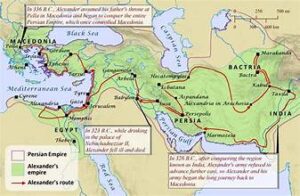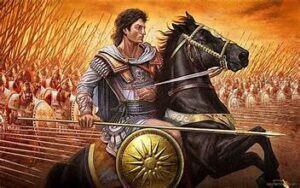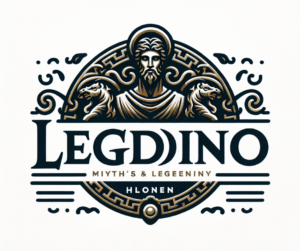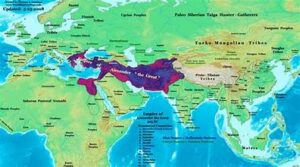Introduction
Alexander the Great, a name synonymous with military brilliance and unmatched conquests, left an indelible mark on history. His strategic genius and leadership reshaped the ancient world and laid the foundation for modern military tactics and leadership principles. This article explores how Alexander’s strategies continue to influence today’s world, from military doctrine to business practices, and the enduring legacy of his strategic brilliance.
The Legacy of Alexander’s Military Tactics
Alexander’s military campaigns, particularly his victories in battles such as Granicus, Issus, and Gaugamela, showcased his innovative approach to warfare. His strategies, including the use of the phalanx and combined arms tactics, revolutionized military tactics and are still studied in military academies around the globe.
- Phalanx Formation and Combined Arms
Alexander’s adaptation of the phalanx formation, with its deep lines of spearmen, provided a solid defensive and offensive structure. This approach is echoed in modern military tactics where combined arms strategies integrate various units—infantry, artillery, and armored forces—to achieve a cohesive fighting force. The principles behind Alexander’s tactics have influenced contemporary military doctrines, demonstrating the lasting relevance of his methods.
- Strategic Flexibility and Adaptability
One of Alexander’s most remarkable traits was his ability to adapt his strategies to different circumstances. His successful sieges of fortified cities like Tyre and Gaza exemplify his innovative approach to overcoming obstacles. Today, the ability to adapt and respond to changing conditions is crucial in modern military strategy and operations. Alexander’s example serves as a model for military leaders who face complex and evolving challenges.
Influence on Modern Business Strategies
Alexander’s strategic prowess extends beyond the battlefield into the realm of business. His approach to leadership and strategic planning offers valuable lessons for today’s executives and entrepreneurs.
- Visionary Leadership

Alexander’s ability to inspire and lead his troops with a clear vision of his goals is a quality that resonates with modern business leaders. His emphasis on achieving greatness and pushing beyond conventional limits parallels the visionary leadership required to drive innovation and success in today’s competitive business environment. Leaders who emulate Alexander’s vision and determination are often more successful in achieving their strategic objectives.
- Strategic Planning and Execution
Alexander’s meticulous planning and execution of campaigns, including his detailed preparations before battles, serve as a model for modern business strategy. In today’s fast-paced world, successful businesses must employ thorough planning, anticipate potential challenges, and execute their strategies with precision. Alexander’s strategic approach to problem-solving and resource management provides a framework for business leaders aiming to achieve their objectives effectively.
Political and Cultural Impact
Alexander’s conquests had profound political and cultural impacts that continue to influence the world today.
- Spread of Hellenistic Culture
Alexander’s empire facilitated the spread of Hellenistic culture across a vast territory, blending Greek and local traditions. This cultural fusion laid the groundwork for future civilizations and the exchange of ideas. In contemporary society, globalization and cultural exchange are pivotal, with the integration of diverse cultures influencing everything from art and literature to business practices and diplomacy. Alexander’s legacy underscores the significance of cross-cultural interactions in shaping modern society.
- Diplomacy and Alliance Building
Alexander’s ability to forge alliances with various regions and adapt his policies to local contexts reflects the importance of diplomacy in international relations. His approach to managing diverse territories and integrating them into his empire demonstrates the value of building strong alliances and understanding different cultures—principles that are crucial in today’s globalized world of international diplomacy and trade.
Conclusion
Alexander the Great’s influence extends far beyond his era, leaving a legacy that continues to shape military strategy, business practices, and cultural interactions in the modern world. His innovative tactics, visionary leadership, and diplomatic skills provide timeless lessons that remain relevant today. By studying and applying Alexander’s strategies, we gain valuable insights into achieving success and navigating the complexities of contemporary challenges. The enduring impact of Alexander the Great serves as a testament to the power of strategic brilliance and its capacity to transcend time and space.



















